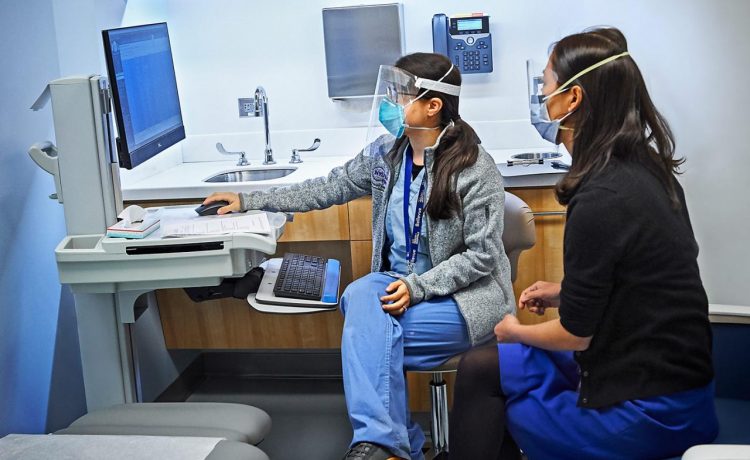Before we delve into the specifics of Crohn’s disease, let’s first understand what it is. Generally affecting the small bowel and colon, Crohn’s disease is a chronic inflammatory disorder that can also affect other areas of the gastrointestinal system. It belongs to a class of inflammatory bowel diseases that are sometimes mistaken for ulcerative colitis, which only affects the colon. If you are looking for an infusion center in Manhattan, New York, visit this page.
What are the signs and symptoms?
Around 700,000 Americans suffer from Crohn’s disease, which is more prevalent in teenagers and young adults. Its development is influenced by genetic, environmental, nutritional, and immunological variables. The symptoms of chronic gastrointestinal inflammation are brought on by an inflammatory immune response to benign microorganisms.
Crohn’s disease symptoms might vary, but they often involve cramping in the abdomen, persistent diarrhea, exhaustion, weight loss, rectal bleeding, and appetite loss. The disorder is characterized by outbreaks and remissions, and severe instances can result in discomfort, bleeding, and the formation of fistulas.
Diagnosis of Crohn’s disease:
A thorough study of the patient’s medical history, physical examination, and laboratory testing is necessary for the diagnosis of Crohn’s disease. This involves examinations of the blood and stools, GI tract X-rays, and maybe endoscopic checks, CT scans, or MRI scans. The diagnosis cannot be confirmed by a single test.
Treatments:
Dietary adjustments, medicines, and, if necessary, surgical treatments are used to treat Crohn’s disease. Medications are designed to reduce the immune system’s inflammatory response and improve gut tissue recovery. Aminosalicylates, corticosteroids, immunomodulators, antibiotics, and biologic treatments are examples of these. When drugs are unsuccessful or problems, such as fistulas or intestinal blockages, emerge, surgery is recommended.
Biologic treatments for Crohn’s disease, such as vedolizumab and infliximab, can be expensive. According to one study, the first year of vedolizumab cost $41,320, while the following years cost $36,197. The first year of infliximab cost $38,782, with subsequent years costing $49,897. Insurance companies and Medicare may pay the cost of various procedures, so it’s critical to check insurance coverage before deciding on a treatment.
Final thoughts:
Are you or any of your loved ones suffering from Crohn’s disease? If yes, you should get in touch with a local infusion center, if you live in Manhattan. Reach out to them for help and to get the details of the treatment and costs.
















